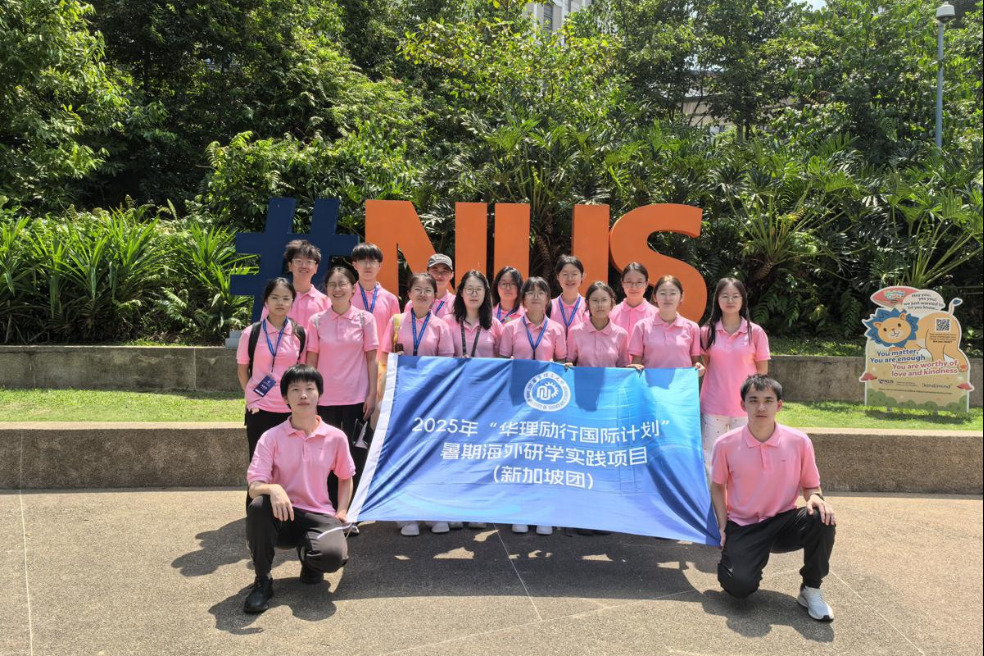Outbreaks generally under control


Commission says strict measures will lead to containment in 4 to 6 weeks
Recent COVID-19 outbreaks in China are generally under control, with all 15 provincial-level regions that have reported confirmed cases implementing active epidemic containment measures, a senior health official said on Thursday.
He Qinghua, an official at the National Health Commission's disease prevention and control bureau, said that as long as local governments implement epidemic control and prevention measures strictly, the outbreaks are expected to be controlled within two to three incubation periods-four to six weeks.
The latest outbreaks have involved more people and have different origins, adding to the difficulty and complexity of containment efforts, He told a news conference in Beijing.
New cluster infections might still occur in other regions and local governments should step up monitoring to control possible new outbreaks at an early stage, he said.
"We should stick to the epidemic control and prevention measures, as they have been proven to be effective in successfully controlling more than 30 outbreaks," he said.
Once an outbreak is reported, the local government should immediately differentiate the infection risks of different regions, conduct mass nucleic acid tests in key areas, find close contacts, quarantine all people at risk, provide necessary treatment to patients and provide timely information to the public, He said.
He added that the country's current COVID-19 containment measures are effective against the delta variant and the vaccine doses administered across the country have also demonstrated good preventive and protective effects against the variant.
The State Council's joint COVID-19 prevention and control mechanism team has sent 20 working groups to key port cities to aid antivirus efforts, National Health Commission spokesman Mi Feng told the news conference. The working groups will supervise and guide the cities in plugging loopholes in their measures to prevent imported infections and respond to possible outbreaks.
Guo Yanhong, an official at the commission's medical administration bureau, said the recent COVID-19 cluster infections in Zhengzhou, Henan province, were caused by hospital-acquired infections, and were not related to the outbreak linked to an international airport in Nanjing, Jiangsu province.
Genome sequencing results of some confirmed local cases at a hospital in Zhengzhou are of the delta variant and are highly identical to imported cases receiving treatment at the medical institution, Guo said.
She said several factors triggered the local outbreak, including a lack of understanding of the complexity and danger of the novel coronavirus mutations, weak supervision of regular disease control work at health institutions, and poor implementation of protocols aimed at curbing hospital-acquired infections.
"The commission has launched a nationwide campaign to stem and prevent hospital-acquired infections," Guo said.
At a news conference on Thursday night, Zhengzhou's health commission said the city had registered another three locally transmitted confirmed cases of COVID-19 and eight asymptomatic carriers that day.
By Wednesday afternoon, Zhengzhou had completed its first citywide nucleic acid testing campaign, testing 11.18 million residents. It launched a second citywide nucleic acid testing campaign on Thursday morning.
Liu Peijun, an official with the Ministry of Education, said that if there are still any medium- or high-risk areas for COVID-19 infection in China at the start of the new school year, schools in those areas should delay the autumn semester and students in the region should delay their return to campus.
Local education authorities and schools should make full preparations and contingency plans for the new semester. The epidemic control measures and schedules for the autumn semester should be determined by local governments based on their respective epidemic situation, he said.
Liu said local education authorities and schools are working closely with health authorities to vaccinate students aged 12 to 17.
Vaccinations are being carried out in an orderly and safe way with the consent of students and their guardians, he said.
Shi Baoyin contributed to this story.




































